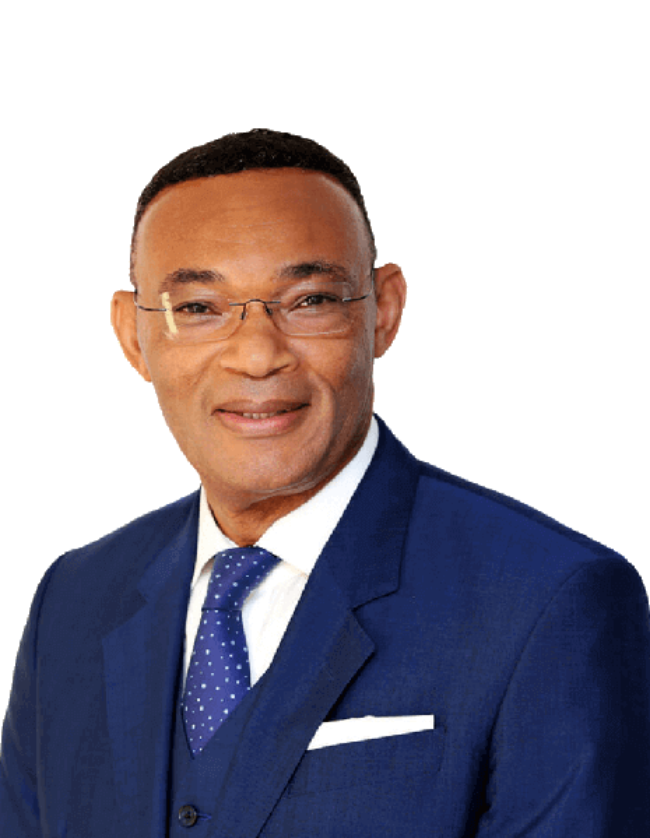The African Cup of Nations (“AFCON”) begins in January 2017 and the participants’ federations have released their squads for the upcoming tournament. Prior to these announcements, the continent’s high profile stars who play their trade in European leagues are facing the challenge of leaving their domestic clubs to represent their countries at the tournament. Although it should be the pride and joy for a football player to represent their country, it has more recently been considered a ‘challenge’ because those players face the possibility of missing up to a month of football.
According to Samuel Okoronkwo Jr., their absence is no more felt than in the Premier League. Leicester City will lose three players, including BBC African Footballer of the Year 2016, Riyad Mahrez. West Ham will be without two of their stars, including Andre Ayew who has been called up by Ghana. Sunderland will lose three players, including Lamine Kone who joins up with the Ivory Coast. Manchester United’s Eric Bailly has also been called up by the Ivory Coast alongside newest recruit, Wilfried Zaha of Crystal Palace. Idrissa Gueye of Everton and Sadio Mane of Liverpool have been called up by Senegal.
The topic has come to the fore because Mane’s team mate for club and country, Joel Matip, as well as countryman Allan Nyom, had initially refused a call up to the Senegalese side for this year’s tournament. It has been reported that Matip’s previous experience with the Cameroon Football Association and its management team (“Fecafoot”) was a “bad” one and that Nyom told Cameroon coach Hugo Broos that he wanted to stay at the Baggies to maintain his place in the team. Both players have coincidentally not been included in the Cameroonian squad, however before the announcement, Broos is reported to have stated that these players, amongst others who have refused call ups for a myriad of reasons, “have put personal interest above those of the national team and the federation reserves the right to take action against the players in accordance with Fifa regulations.”
So, what are the rules? Firstly, they can be found in FIFA’s Regulations on the Status and Transfer of Players (“the Regulations”) and specifically within Articles 3-6 of Annex 1 of the “Release of Players to Association Teams”. The general rule is that “every player registered with a club is obliged to respond affirmatively when called up by the association he is eligible to represent on the basis of his nationality to play for one of its representative teams” (Article 3). A player is only obliged to refuse the call up if they are ill or injured and said illness or injury has been approved by their national association (Article 4).
The sanctions for a player refusing a call up for any other reason include their preclusion from playing for their domestic team for the duration of their national team’s inclusion in the tournament, plus an extra five days (Article 5). Prior to an amendment of Annex 1 on 1 June 2016, sanctions also included points deductions and the forfeiture of matches in cup competitions in which the player played, whilst his national team was participating in the tournament. However any additional sanctions to those stipulated in Article 5 of Annex 1 are now “to be decided by the FIFA Disciplinary Committee based on the FIFA Disciplinary Code” (Article 6), pursuant to an amendment to Annex 1 in June 2016. This potentially gives the Committee a wider range of sanctions to choose from.
Therefore, unless a national federation such as Fecafoot have their own rules and regulations that allow them to punish their players for not answering a call of duty, it is likely that a complaint to the domestic football association to which the player is registered, followed by a complaint to FIFA, would be the appropriate route to seek compliance.
There are wider issues that arise from this argues Samuel Okoronkwo Jr. For example, can a federation force a player to play for their country when they do not want to? Although they can make it difficult for that player to play for their club during the tournament, practically it would be nigh on impossible to force them do so. Managers of the participating countries would not want an unwilling player potentially affecting team morale and consequently the team’s progress in the tournament.
Another issue is that AFCON is held during the domestic season of the top European leagues. The majority of African players undoubtedly consider playing in such leagues as the pinnacle of sporting achievement and therefore attempt to secure moves to Europe where possible, leading to the aforementioned challenges. However, in 2012 then vice-president of the Confederation of African Football (“CAF”) argued that January was an appropriate time to hold AFCON, given that climatic conditions in certain parts of Africa do not allow African countries to host the tournament during the northern hemisphere’s summer time.
Any advice to federations would be to remind them that they have a right to pursuant to the rules of the game to make unwilling players suffer some sort of consequence for not making themselves available for international duty. Practically, however, this would route may have a negative impact in the federation’s future relationship with their top stars.
On the other hand, this stance cannot be an excuse for players to take advantage of African federations, or hold them to ransom. One tactic which is not uncommon is for a player to officially ‘retire’ from international duty to concentrate on domestic football. In my opinion, players should be wary of this approach because federations will be less likely to consider these players in the future if they attempt to reverse their decision to retire and make themselves available for more convenient tournaments, such as the World Cup.
Samuel Okoronkwo Jr. is a practicing Barrister. He specialises in Sports Law with particular emphasis in Professional Football and can be contacted through his Clerk at clerks@mercantilebarristers.com





